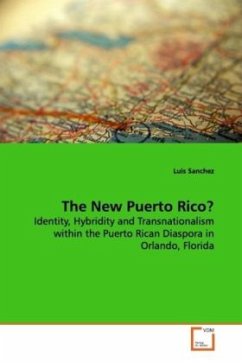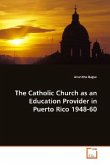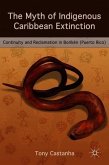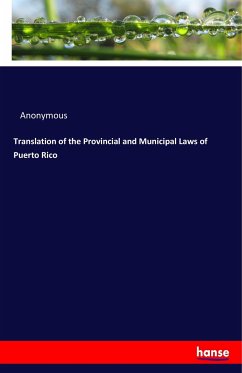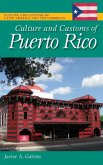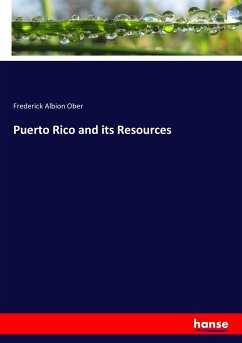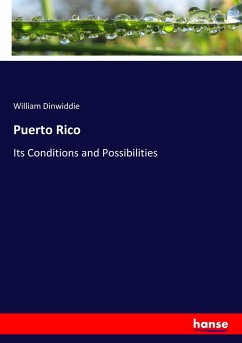Historically, the Puerto Rican diaspora has
concentrated in New York. Outside of Puerto Rico,
Florida now has the second largest concentration of
Puerto Ricans in the U.S. However, the formation of
a Puerto Rican diaspora in Florida is not similar to
the Puerto Rican diaspora elsewhere in the U.S.
Puerto Ricans have lived and experienced different
spatial contexts, resulting in different notions of
Puerto Ricanness that are sensitive to such spatial
variations. As a greater number of Puerto Ricans are
making Central Florida their home, terms
like island-born and mainland-born are been
highly contested and used as the main means to
define affiliation. Puerto Ricans in Metro-Orlando
are constructing a new Puerto Rico. They do not
see themselves as equal or as part of the larger
Puerto Rican diaspora in the United States. Nor do
they hold onto the myth of return that other Puerto
Rican communities on the mainland have retained. At
the same time, they are themselves developing some
cultural distinctions with Puerto Rico. These
differences are tied to the new spatial experiences
of Metro-Orlando, and are creating new notions of
Puerto Ricanness.
concentrated in New York. Outside of Puerto Rico,
Florida now has the second largest concentration of
Puerto Ricans in the U.S. However, the formation of
a Puerto Rican diaspora in Florida is not similar to
the Puerto Rican diaspora elsewhere in the U.S.
Puerto Ricans have lived and experienced different
spatial contexts, resulting in different notions of
Puerto Ricanness that are sensitive to such spatial
variations. As a greater number of Puerto Ricans are
making Central Florida their home, terms
like island-born and mainland-born are been
highly contested and used as the main means to
define affiliation. Puerto Ricans in Metro-Orlando
are constructing a new Puerto Rico. They do not
see themselves as equal or as part of the larger
Puerto Rican diaspora in the United States. Nor do
they hold onto the myth of return that other Puerto
Rican communities on the mainland have retained. At
the same time, they are themselves developing some
cultural distinctions with Puerto Rico. These
differences are tied to the new spatial experiences
of Metro-Orlando, and are creating new notions of
Puerto Ricanness.

